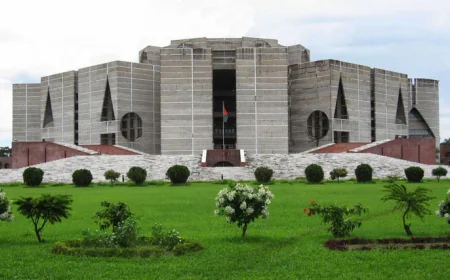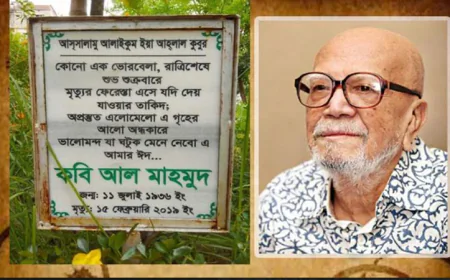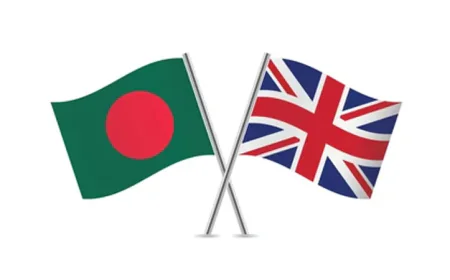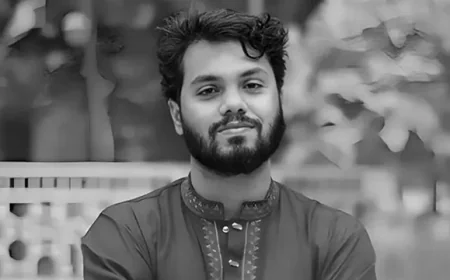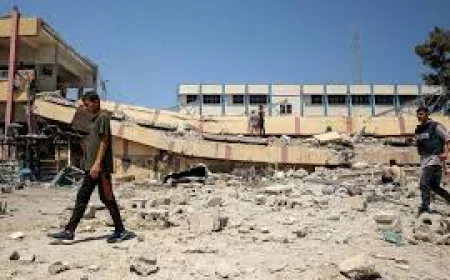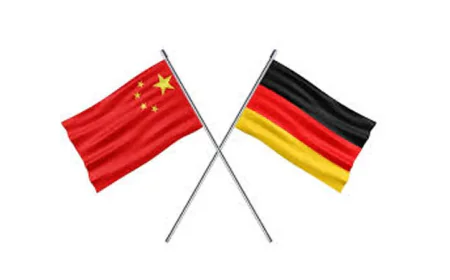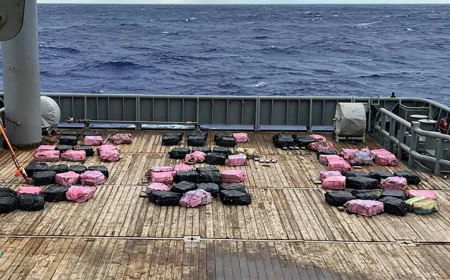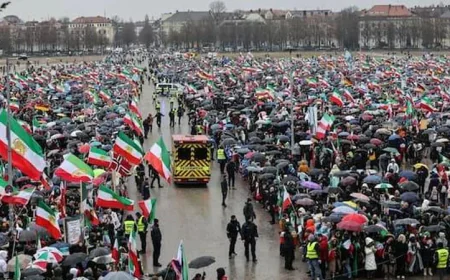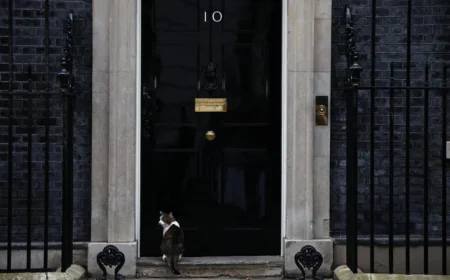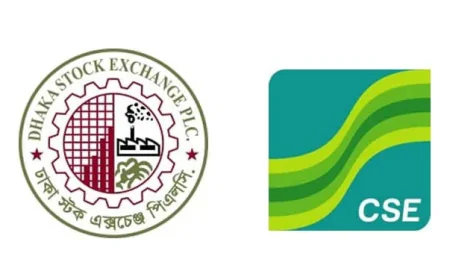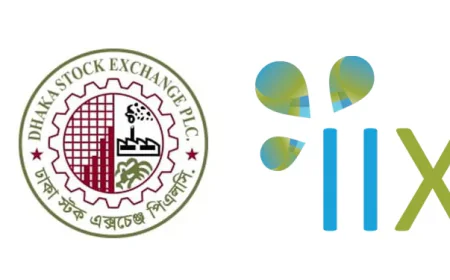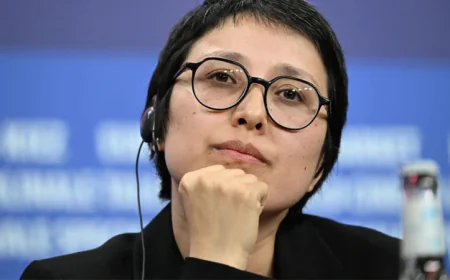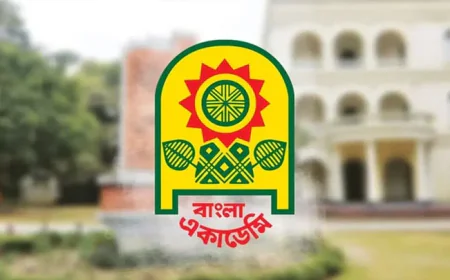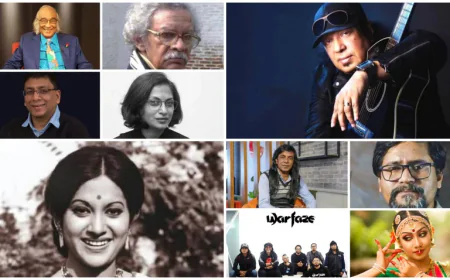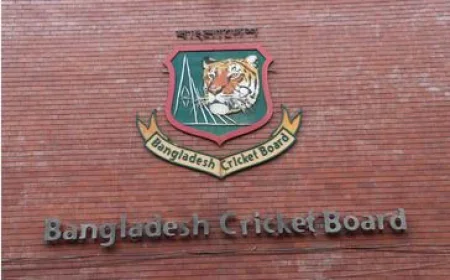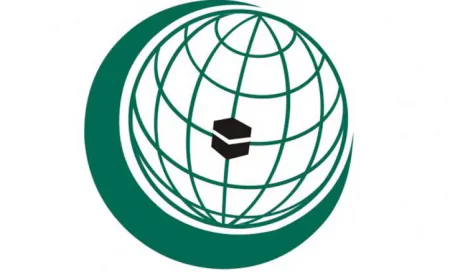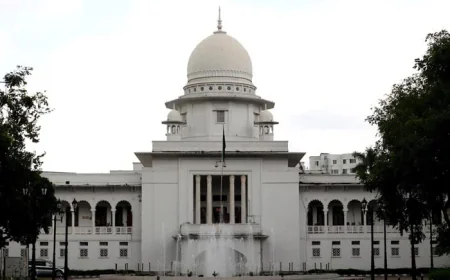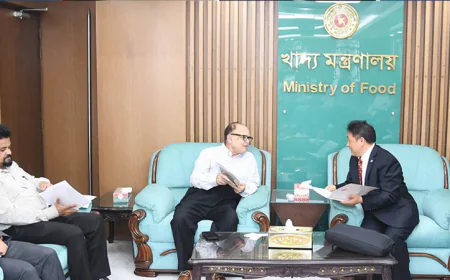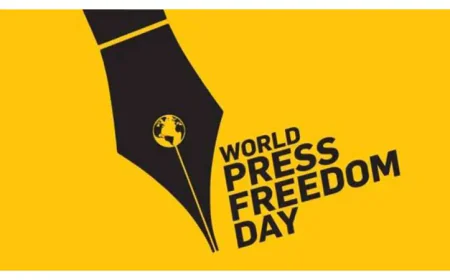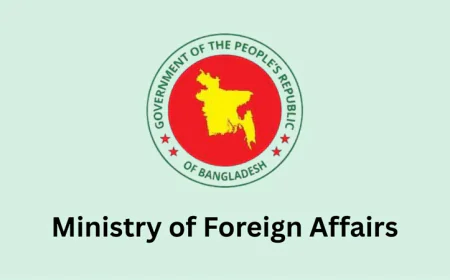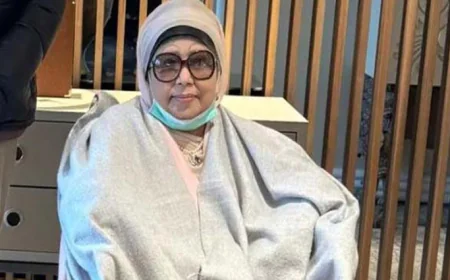Government reviewing procurement process for body cameras
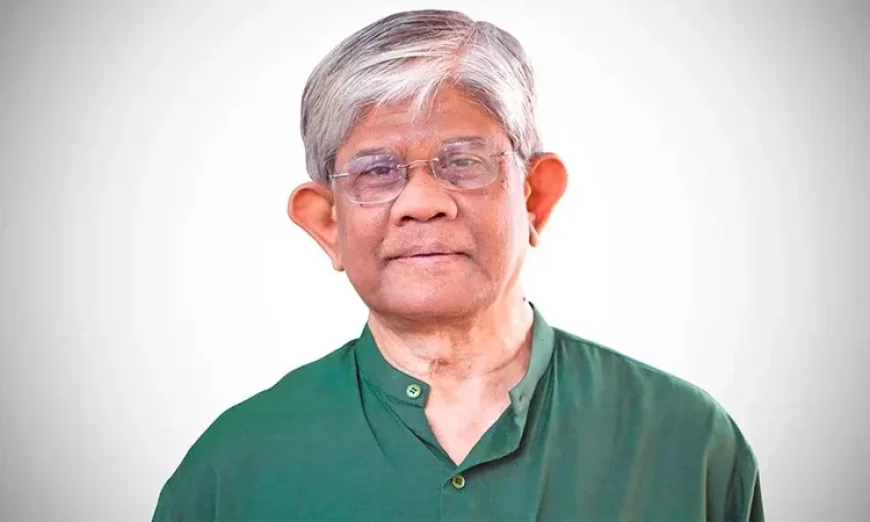
Finance Adviser Dr Salehuddin Ahmed today said that the government is reviewing the proposed procurement process of body cameras to ensure transparency, rational planning and appropriate use in sensitive operational areas of the country. He made the remarks while speaking to reporters after chairing two separate meetings on the Advisers Council Committee on Economic Affairs and the Advisers Council Committee on Government Purchase held at the Cabinet Division Conference Room at Bangladesh Secretariat today.
Dr Salehuddin said the initial proposal included a good number of body cameras, prompting the committees to ask the concerned authorities to re-examine the plan, pricing and procurement method. "There was a proposal for a significant number of body cameras. We have advised them to review it and return with a revised proposal, including price details. The most important aspect is to ensure a transparent procurement process," he said.
The Finance Adviser noted that the revised proposal is expected to adopt a more rational and need-based approach. "The procurement should be rational. We suggested that body cameras be used in particularly sensitive and critical areas, not everywhere," he said, adding that the Home Ministry also shares such view. He further mentioned that the purpose of introducing body cameras is to strengthen monitoring, improve accountability and support evidence-based action where required.
"The idea is not to deploy body cameras indiscriminately, but to ensure they serve their intended purpose where sensitivity and oversight are crucial," he said. Responding to a query on whether the number of body cameras would be reduced, Dr Salehuddin indicated that it is likely to be rationalised. Replying to a question, he also said that the revised proposal will be submitted very soon. The government on September 23 approved procurement of around 40,000 body cameras for police personnel to be used during the upcoming national election, scheduled for February. The procurement would be carried out through the United Nations Development Programme (UNDP) to ensure quality, transparency, and neutrality in the process.
